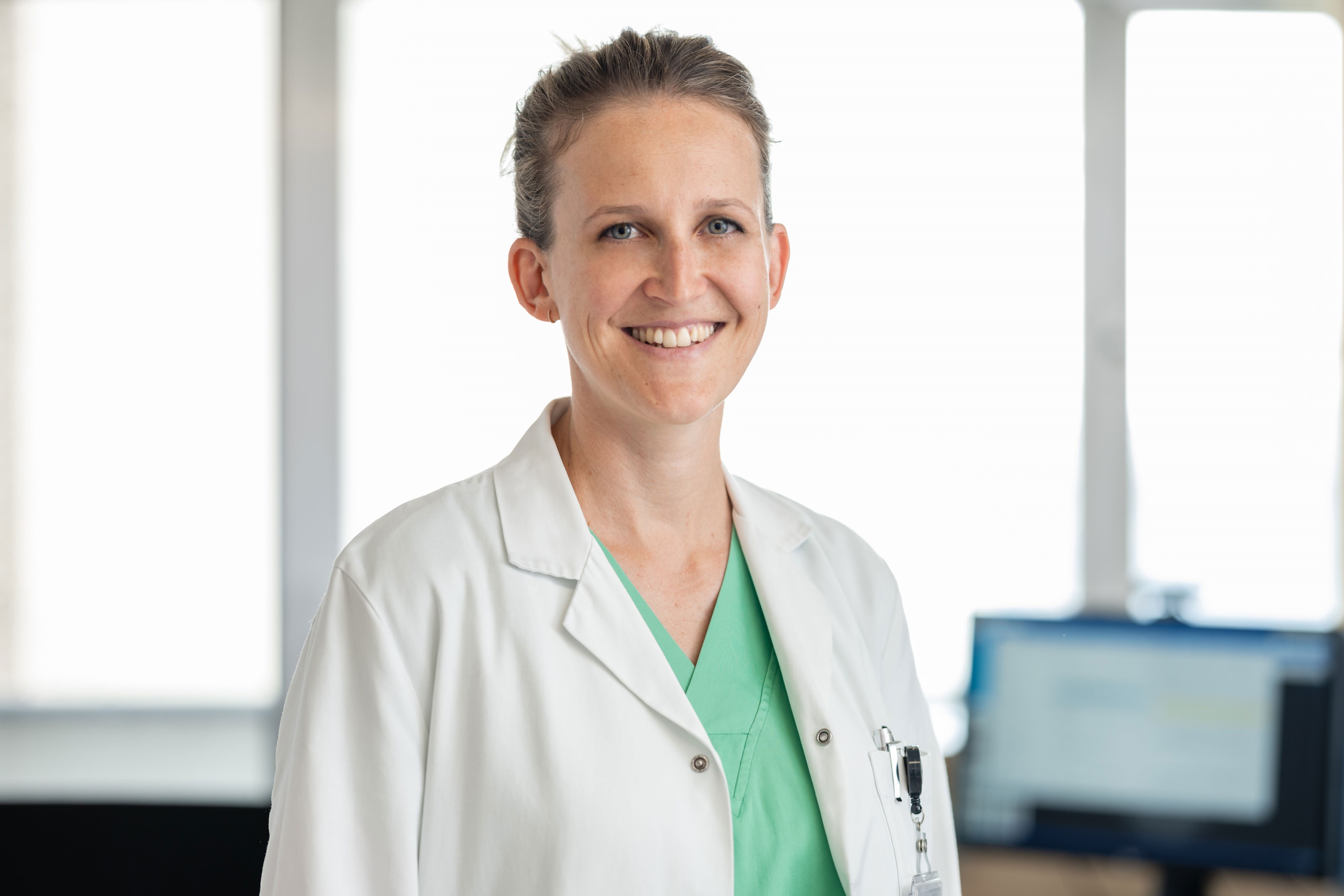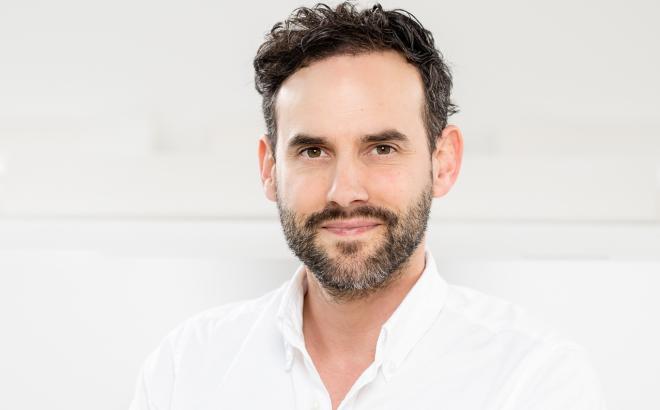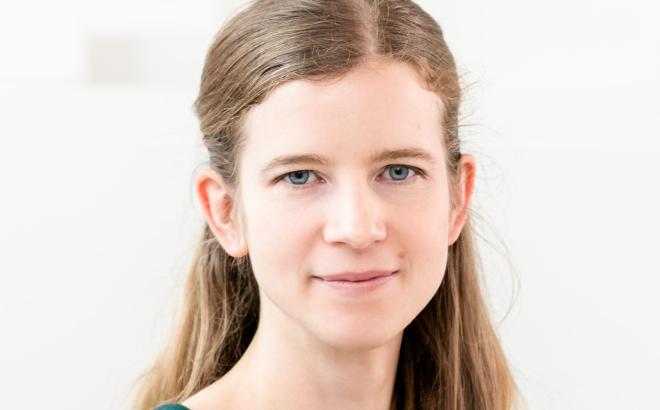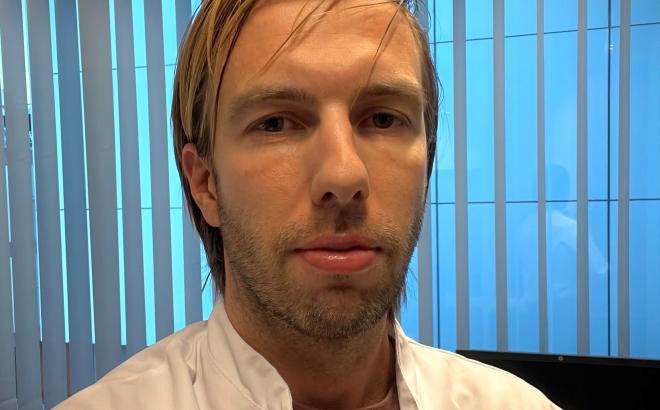Stephanie Hirschbichler, Neurologist
Each scientific discovery presents a myriad of unanswered questions
Dr Stephanie Hirschbichler, MSc, PhD, is the lead clinician of the movement disorder outpatient clinic at the Division of Neurology of St. Pölten University Hospital. Alongside her clinical work, she focuses on the risk tolerance of patients with various disorders and medications as part of the Research Time Out research funding program at the Karl Landsteiner University of Health Sciences, which is funded by the Provincial Government of Lower Austria. ‘I have highly enjoyed clinical work during my residency, but my research work is just as important to me and I don’t want to leave it by the wayside. Neurology is such an interesting field and new findings are constantly being made,’ the neurologist says enthusiastically.
Originally from Vorarlberg, Hirschbichler studied medicine at the Medical University of Graz, opting to complete her clinical elective year in Germany, where she undertook her first placement as a resident, and completed her residency in Berlin and Brandenburg. In 2014, the young doctor moved to England, initially graduating with a Master's degree in Clinical Neurology from University College London (UCL) and subsequently receiving an offer to work as a Clinical Research Associate at the Sobell Department of Motor Neuroscience and Movement Disorders. ‘Before my time at UCL, research wasn’t really my thing. That all changed when I moved to London, where I was quite literally swept away by the research mentality. I learned to sharpen my awareness and discovered that there is an almost unlimited number of unanswered questions behind every scientific finding,’ explains Dr Hirschbichler. At UCL, she wrote her Master's thesis on dopamine. ‘I looked into the effects of messengers on various aspects, such as behaviour, working memory and motor control’, the neurologist adds. Dr Hirschbichler describes completing her doctorate as her biggest challenge to date, particularly due to the outbreak of the Covid-19 pandemic in the midst of her studies. The pandemic was ultimately one of the reasons the doctor decided to return to Austria. In 2021, she became a neurologist under the direction of chief physician Assoc. Prof. PD Dr Stefan Oberndorfer at St. Pölten University Hospital. ‘The partnership with Karl Landsteiner University of Health Sciences (KL) and the corresponding research opportunity was another key factor behind my decision to work at St. Pölten University Hospital,’ recollects Dr Hirschbichler. Along with her research, the doctor also throws herself into her clinical work. ‘I’m so fascinated by movement disorders in neurology as we are able to see the movements and use them to make diagnoses as well as directly assess the effects of treatment. It’s a little bit like on the show ‘House’. Even the little things you notice in movement sequences can help produce a detailed diagnosis. With this, we can often achieve great results as part of a targeted approach to symptomatic treatment, which is truly satisfying,’ highlights Dr Hirschbichler about her daily work on the ward.
At present, Dr Hirschbichler is helping to develop instrument-assisted treatment at the movement outpatient clinic in the Division of Clinical Neurology. ‘I hope to improve the care and treatment of Parkinson’s patients with infusion pumps. We've also got a number of exciting projects in the pipeline on the topic of virtual reality and Parkinson’s rehabilitation with the CDHSI (Center for Digital Health and Social Innovation) at the St. Pölten University of Applied Sciences. The movement disorder clinic has allowed me to establish a patient pool for research projects. This is where my clinical work unites with practice. The outpatient clinic gives me access to potential test patients and we can introduce the findings from our research to improve patient care.’ Dr Hirschbichler describes her job with great enthusiasm. She already knows what she wants to achieve next: Alongside her current externally funded research projects and proposals, she hopes to become a habilitation candidate at the Medical University of Graz, where she also lectures in addition to KL.
Link to the KL research information system KRIS

OÄ Dr. Stephanie Hirschbichler MSc PhD
Division of Neurology (University Hospital St. Pölten)




